Innovation
Rigorous design methodology meets experimentation
Our work with lecturers across campus – be they tenured professors, first year associates, or even student Dream Teams – includes research and experimentation in new ways to teach online and improve the learning experience. This results in a variety of educational innovations: tools, animations, online labs, simulations, assessment methods, serious games, and various technology applications.
Cutting edge projects
Funding from the EU and the Ministry of Education (Stimuleringsregeling Open en Online Onderwijs) supports some of our innovative projects and the co-development of online courses in key areas of interest – like the Nuclear Energy MOOC with the Joint Research Centre of the European Commission. Visit Education Projects to know more.
Some examples of educational innovation and tools:
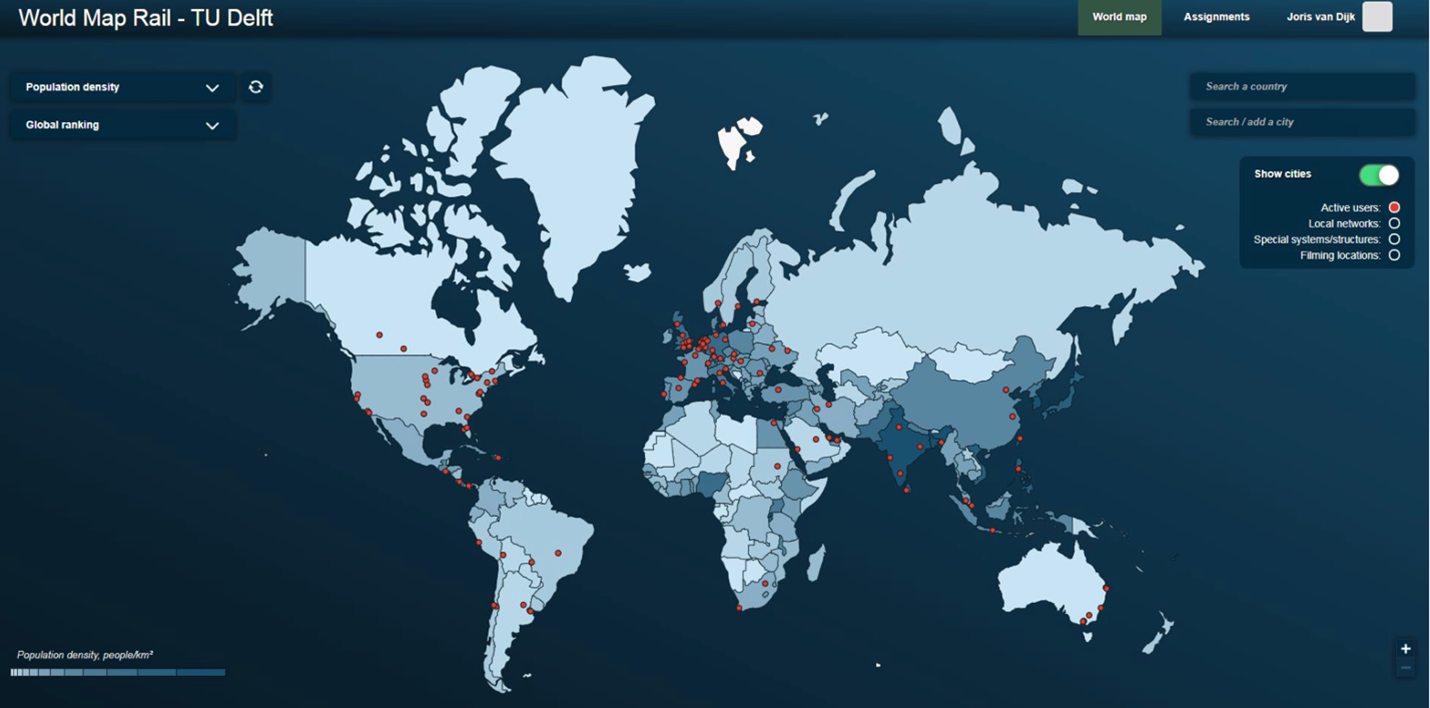
Interactive World Map
A crowdsourcing activity that supports learners twofold. Firstly, by building a more in-depth understanding of the subject by requiring learners to undertake some research to answer multiple questions about their own national rail and metro networks (in the Railway Engineering MOOC).
Secondly, by making available and collectively building a unique repository of data and images detailing trains, tracks, stations, operations and more, from over 100 countries across the globe.
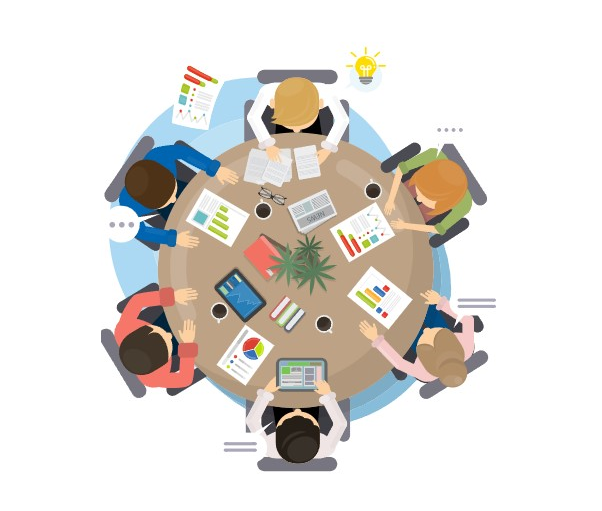
Grasple
A platform to collaboratively create and share thousands of high-quality, open licensed exercises for maths and statistics. The tool is integrated in our Mastering Mathematics for Engineers courses and provides a practice environment and custom-designed exercises tailored to specific learning objectives. Learners receive immediate feedback on correct and incorrect answers to math exercises. Through interactive questions, Grasple scaffolds learners’ thinking and helps them learn from their mistakes.
Image source: grasple.com/open
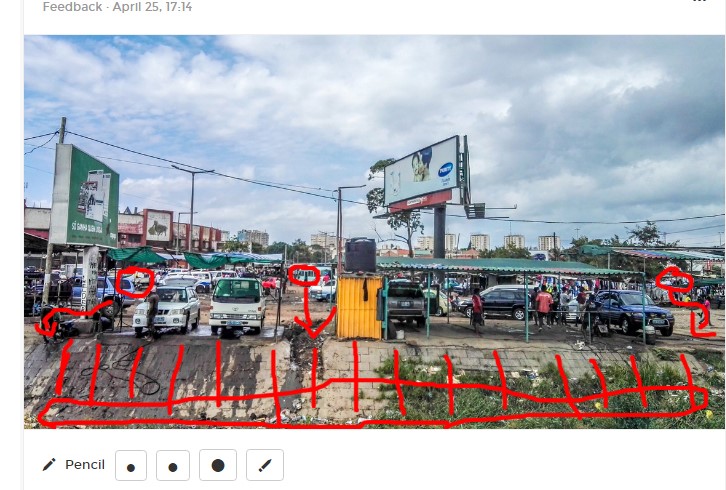
Sketchdrive tool
This is an interactive tool to easily share and discuss visual work online, including being able to sketch directly on the images. We use it in several courses varying from design MOOCs such as Rethink the City: New approaches to Global and Local Urban Challenges, to campus ones at the faculties of Aerospace Engineering.
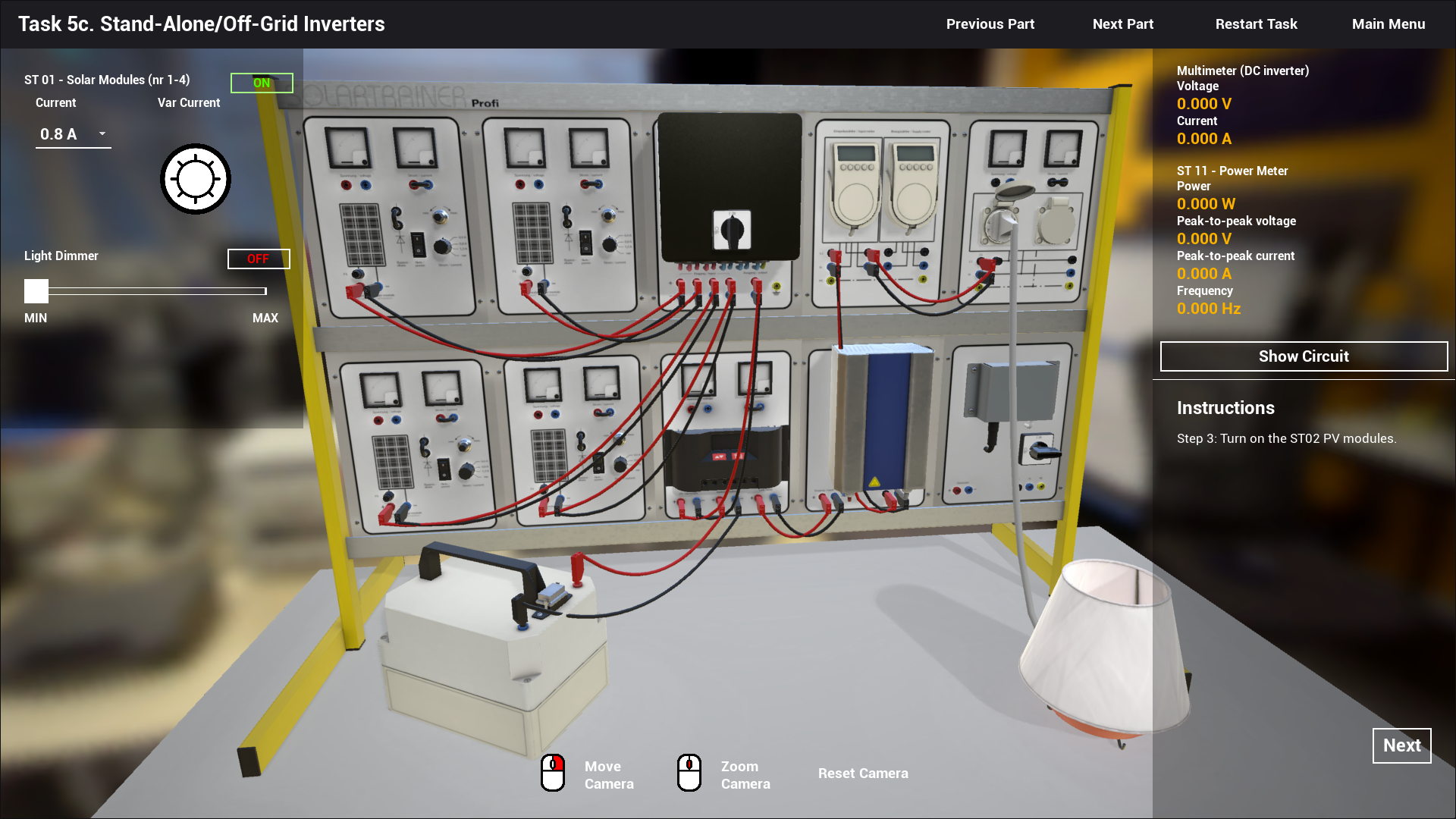
Virtual labs
Laboratories (labs) are a particularly important element of the learning experience in many engineering courses. Together with faculty and external developers we created a number of those, such as the one for water filtration in the MOOC Drinking Water Treatment and the Photo Voltaic (PV) labs to exercise skills and demonstrate understanding of PV panels and systems.
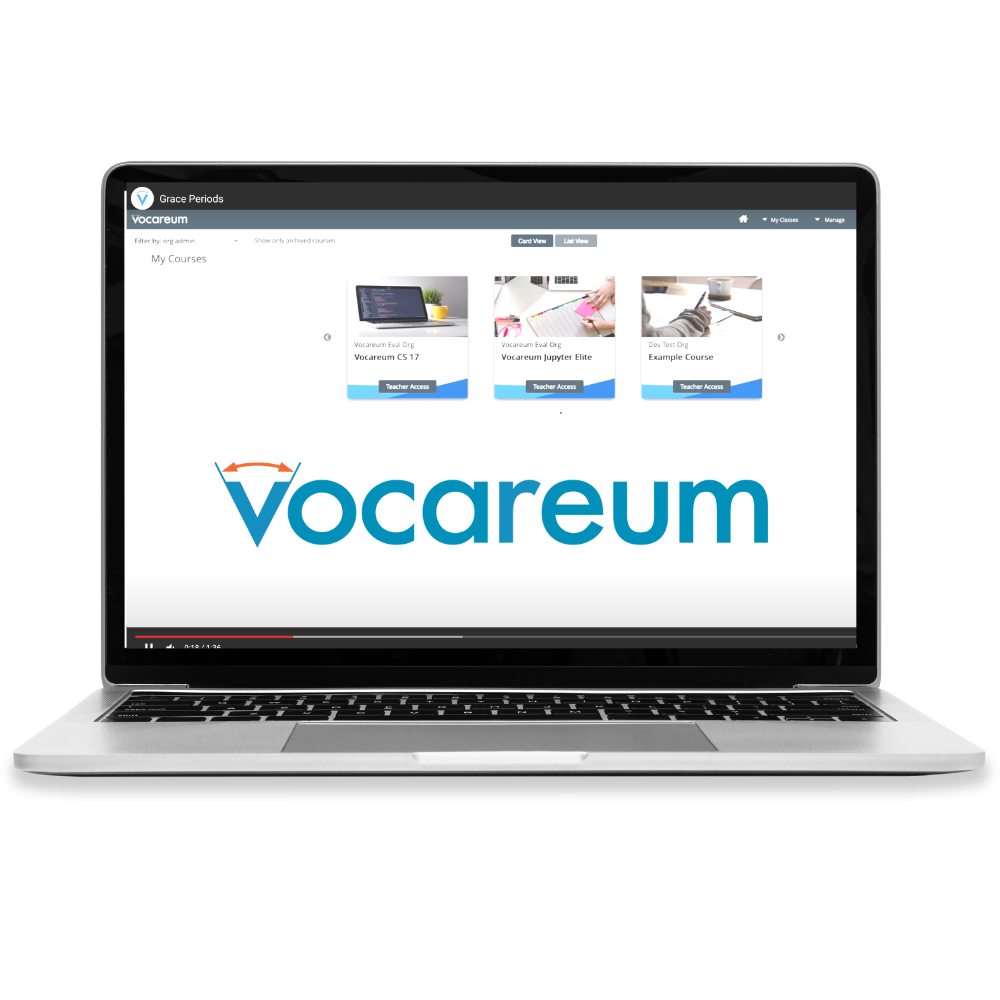
Vocareum
Vocareum is a cloud-based platform designed to facilitate Python programming within an educational context. This tool serves as a centralized hub for hosting and deploying Jupyter Notebooks, enabling numerous users to collaborate and engage with course materials seamlessly. It supports collaborative efforts through team projects, encouraging group-based learning and fostering a sense of teamwork.
For instance, participants in the MOOC Observation Theory: Estimating the Unknown benefited from some of features that Vocareum offers, such as grading automation, plagiarism detection, code feedback, and peer reviews.
Image source: vocareum.com




